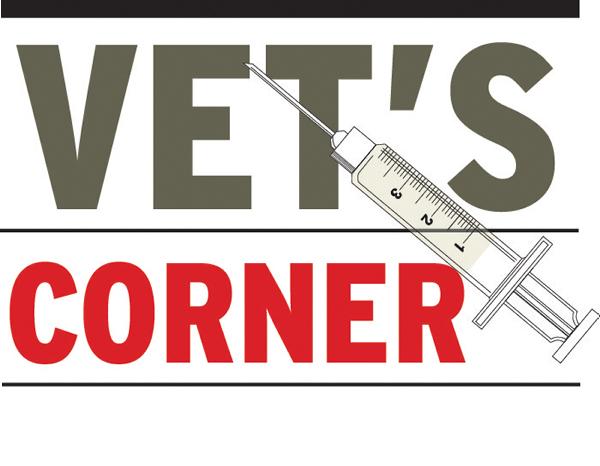Spring is a busy time for farmers and vets alike. Recent years have seen expansions in herd size, shortages of labour and increases in part-time farmers stretching already limited farm resources. Any combination of these factors can make for an exhausting and relentless period.
Annually calf scour accounts for greater than 30% of losses in young calves. Treating scouring calves is labour intensive and a positive outcome, despite the effort, is not assured. Post-scour recovery reduces performance and results in failure to reach growth targets.
Infectious scours are caused by viruses (rotavirus and coronavirus), bacteria (E. coli and salmonella) and protozoa (cryptosporidia and coccidia). You cannot identify the infectious agent from the appearance of the scour.
Establishing the cause allows for the development of an appropriate treatment plan. Submitting a scour sample to your vet prior to any treatment will aid in an accurate diagnosis.
The two most common causes of calf scour in Ireland are rotavirus and cryptosporidia, neither of which can be resolved with antibiotics.
If your farm has had scour problems in recent years, now is a good time to contact your vet to discuss the agents involved and put in place control measures to limit or eliminate breakdowns this spring.
A useful control measure in curbing infectious calf scour is vaccination of the cow prior to calving. Vaccines are available to protect against rotavirus, coronavirus, E.coli and salmonella. The timing of the administration of the vaccine to the cow is crucial and should be discussed with your vet.
Calves are born with no natural immunity; they build up their immune system by absorbing antibodies from the cow’s colostrum or biestings.
For the calf to benefit from any scour vaccine, it must ingest sufficient colostrum. Half of all calf bloods tested in vet labs in 2014 had insufficient colostrum levels.
A useful guide is the 1-2-3 rule - feed the cow’s first milk within two hours of birth at a volume of three litres.
It is not possible to vaccinate against cryptosporidiosis. If this is diagnosed on farm, your vet may recommend halofuginone lactate as an aid to prevention, with calves dosed for seven consecutive days starting within one to two days of birth.
Your vet may also recommend vaccination of the cow against other causes of scour as discussed above, thereby decreasing the disease pressure on calves. If you have any queries, please contact your own vet.
Kieran Devaney works at Ormonde Veterinary, 14 Barrack St, Kilkenny, part of XLVets, a group of progressive practices working together to achieve a better future for agriculture and veterinary in Ireland. For further information go to www.xlvets.ie.






 This is a subscriber-only article
This is a subscriber-only article










SHARING OPTIONS: